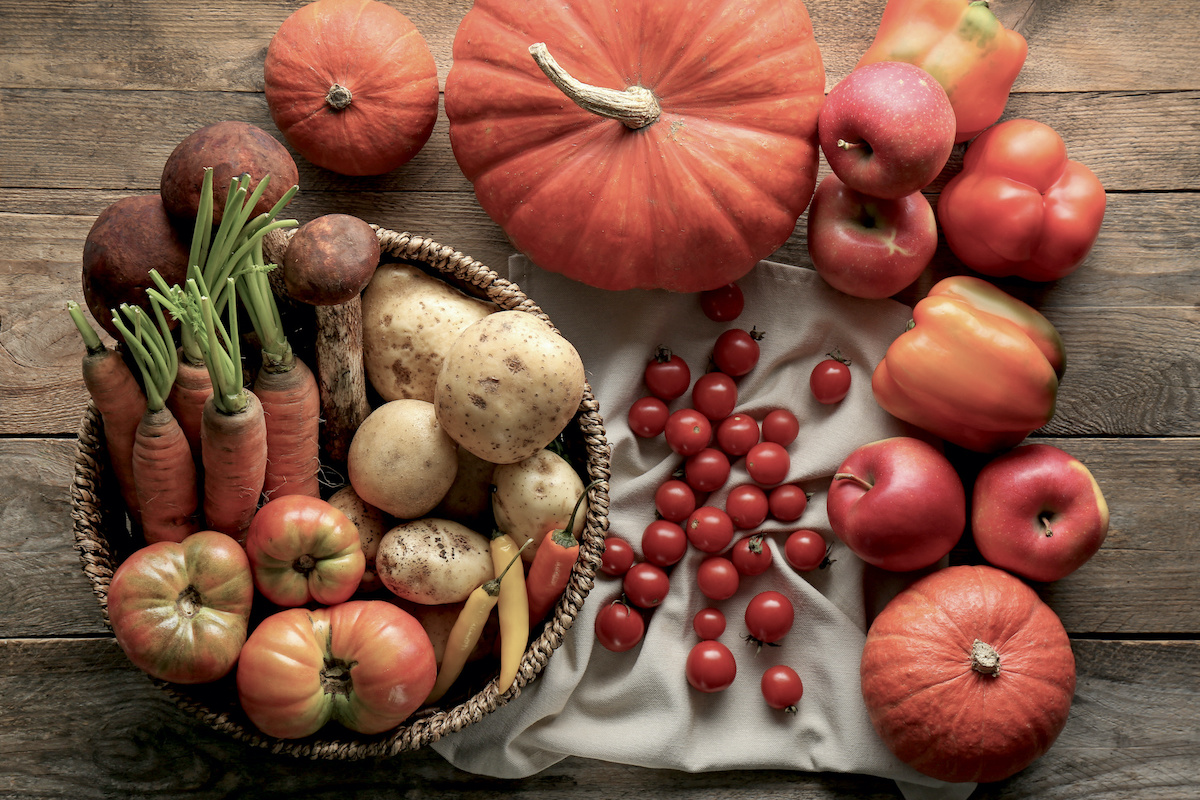
Certain foods can help your mental health. Festive favorites can boost your mood, which is great whether you’re lonely during the upcoming holidays, or if you’re surrounded by annoying relatives.
Mood-boosting staple foods:
Pumpkin/Pumpkin Seeds: Pumpkin is rich in mood-boosting minerals, such as potassium, as well as vitamin A, and B vitamins. Potassium is considered a mental-health food because of its powerful effect on mood. Low potassium levels are related to depression and mood disturbances. One study, for example, measured the effect of a high potassium, low sodium diet and found significant improvements to mood. Pumpkin seeds contain abundant tryptophan, which is a precursor of serotonin, a mood-boosting chemical produced by our bodies. In research, dietary tryptophan improved the mood of participants over the course of a four-day, high-tryptophan diet. Subjects experienced less anxiety and depressive symptoms. Pumpkin seeds are also a good source of zinc, which can give an immediate boost to mood, having an antidepressant effect. Most everyone loves pumpkin pie, but baked pumpkin with a bit of salt and pepper is also delicious. Be sure to save the pumpkin seeds for roasting.
Yams: Yams are loaded with vitamins and minerals including potassium, which helps maintain optimal cognitive function. Low potassium intake is associate with greater risk of mood disturbances and depression. One study for example, showed that a high potassium diet improved tension and symptoms of depression. A whopping 40% of the minerals of yams are in the skin. Try twice baked yams, where you scoop out the flesh, mix it with a wee bit of maple syrup and aromatic spices such as cardamom and cloves. Top with toasted pecans for a delicious side dish.
Scientific research has found that those who maintain a high potassium, low sodium diet are less anxious, depressed, confused and angry, and have more energy and vigor. As a major player in dopamine metabolism, potassium has proven in research to rapidly improve mood.
Apples: Apples are abundant in a type of antioxidant called flavonoids, which demonstrated in research the ability to improve mood within just two hours of eating them! In one study, flavonoids improved cognitive function and the effects lasted six hours post-consumption. Apples are loaded with other feel-good substances too, such as B vitamins. Who doesn’t love a fresh-baked apple pie? Or, for a lower-fat option, make some homemade applesauce with mood-boosting cinnamon.
Cranberries: Don’t skip the cranberry sauce with dinner. Cranberries are loaded with vitamin C and flavonoids. Humans are one of the few animals who are unable to produce our own vitamin C, which is a major player in dopamine metabolism in the body. It is well established that people with mood and psychiatric disorders are quite often deficient in vitamin C. According to numerous studies, vitamin C rapidly improves mood. In fact, the higher our vitamin C levels are, the less confusion, anger and depression we have, according to one study. Other studies have effectively used vitamin C to complement other interventions in the treatment of depression. Boil fresh cranberries with honey, grated nutmeg and cinnamon. Or you can add some mandarin orange slices to increase the mood-boosting ability.
It is well established that people with mood and psychiatric disorders are quite often deficient in vitamin C. In fact, the higher our vitamin C levels are, the less confusion, anger and depression we have, according to one study. Other studies have effectively used vitamin C to complement other interventions in the treatment of depression.
Peppermint: Bring on the candy canes! Peppermint has been proven in studies to help with memory and to relieve stress, making it the perfect sweet treat to cope with the super-busy whirlwind nature of the holiday season.
In summary, as with any dietary supplements, it is advised to consult with your healthcare provider to see if any supplements you take will negatively interact with prescribed medications. Supplements as part of a regular healthy diet should not be a problem, but if you have, for example, kidney conditions, your potassium intake may be monitored.
For more information, visit
https://nutrition.org/how-to-boost-mental-health- through-better-nutrition/; www.psychiatry.org.











